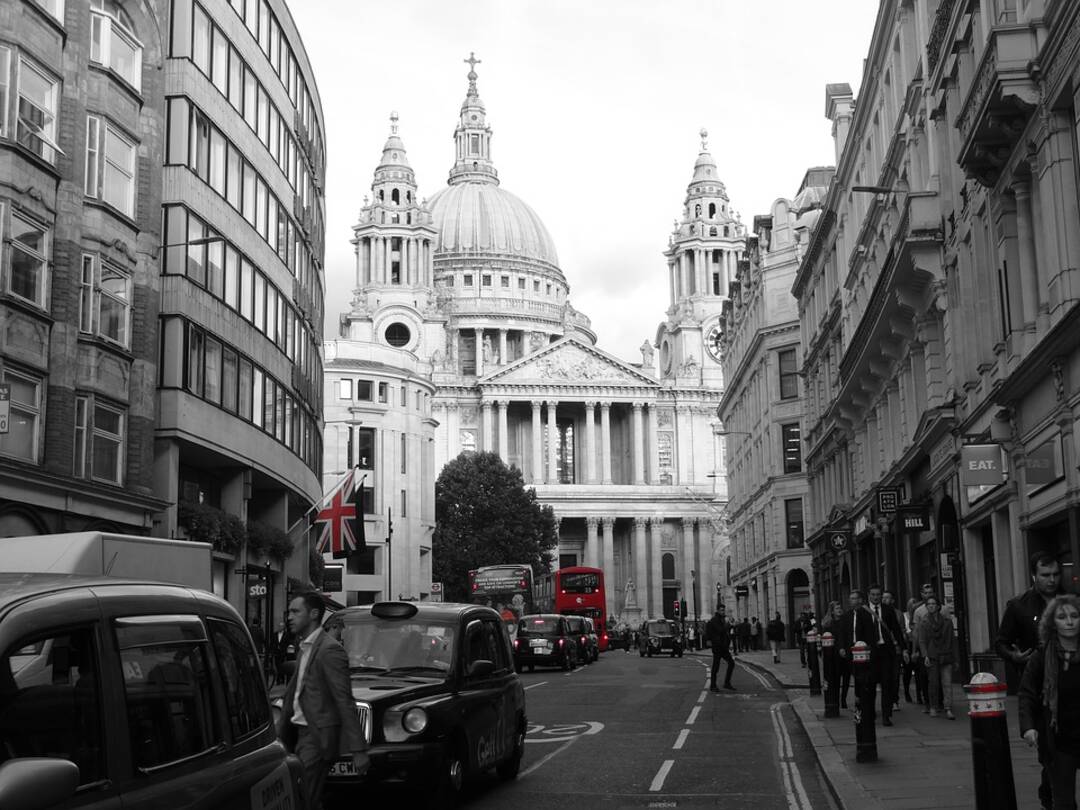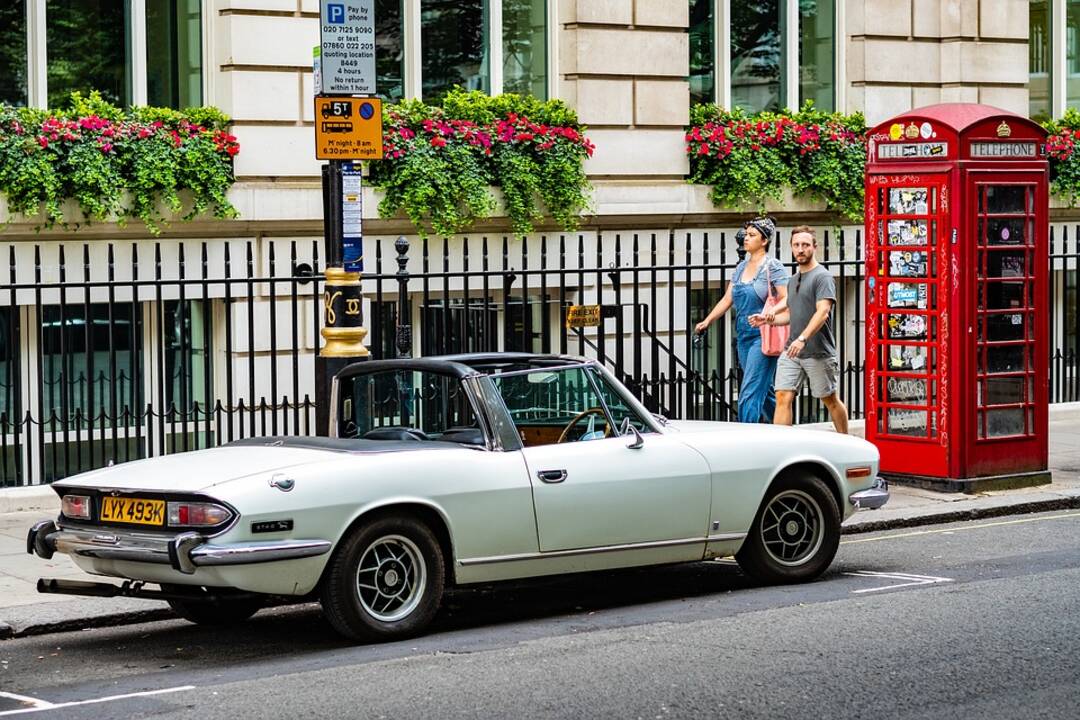-
British car industry plants have worst November since 1984

The US News reported as per Reuters that British car industry data showed on Thursday, car manufacturers had their slowest November in 37 years as the sector struggled to cope with the impact of the coronavirus pandemic on global supply chains.
The Society of Motor Manufacturers and Traders (SMMT) said, car production fell by 28.7% compared with November 2021 to 75,756 units, despite a 53% increase in electric vehicle output.
It was the fifth consecutive month of decline and represented the worst November performance since 1984.
Some of the fall was due to the permanent closure of a Honda's car factory in July but SMMT Chief Executive Mike Hawes said the figures were "incredibly worrying" and underscored the severity of the industry's situation.

It the first 11 months of 2021, British car production of just under 800,000 units was down by 433,000 compared with 2019, before the pandemic hit.
Hawes said: "COVID is impacting supply chains massively, causing global shortages - especially of semiconductors - which is likely to affect the sector throughout next year."
London expands polluting cars levy to improve air quality
Giant hail in Leicestershire, England, damages cars
Volvo cars considers building third plant in Europe to increase annual production capacity
Hawes said, the risks of a new economic slowdown caused by the Omicron variant of the coronavirus and rising inflation represented the toughest business environment in decades.
He said: "We have to look to government to provide support measures in the same way it is recognising other COVID-impacted sectors."
Britain announced on Tuesday 1 billion pounds of extra support for hospitality and leisure businesses which have been hit hardest by Omicron.
Hawes said Britain's automotive industry was as well prepared as it could be for the implementation of full post-Brexit customs controls at UK borders from Jan. 1 but any delays would put further stress on just-in-time operations.
He said: "Should any problems arise, contingency measures must be implemented immediately to keep cross border trade flowing smoothly."
Source: usnews
You May Also Like
Popular Posts
Caricature
BENEFIT Sponsors Gulf Uni...
- April 17, 2025
BENEFIT, the Kingdom’s innovator and leading company in Fintech and electronic financial transactions service, has announced its sponsorship of the “Innovation and Sustainable Technology Solutions Competition (GU - IST Solutions), hosted by Gulf University at its main campus.
This strategic sponsorship reflects BENEFIT’s active role in advancing technological innovation and fostering sustainable solutions to future challenges. It also seeks to empower Bahraini youth by enhancing their skills, capabilities, and competitiveness in innovation and solution development—contributing meaningfully to the broader goals of sustainable development across all sectors.
As part of BENEFIT’s active involvement in the competition, the company has announced that Hanan Abdulla Hasan, Senior Manager of Public Relations and Communication, will serve on the competition’s supervisory committee. Her upcoming participation reflects BENEFIT’s forward-looking commitment to championing academic and professional excellence.
Commenting on the occasion, Hanan Abdulla Hasan, Senior Manager of Public Relations and Communication at BENEFIT, said, “We are privileged to support this pioneering initiative, which aligns seamlessly with BENEFIT’s enduring commitment to fostering innovation and nurturing the potential of Bahrain’s youth. Our participation is rooted in a deep sense of social responsibility and a firm belief in the pivotal role of innovation in shaping a sustainable future. Through such platforms, we seek to empower the next generation with the knowledge, skills, and foresight required to develop impactful solutions that address future challenges, in line with the United Nations Sustainable Development Goals 2030.”
Dr. Aseel Al Ayash Dean of the College of Engineering in Gulf University commented, “We extend our sincere gratitude to BENEFIT for their generous sponsorship and support of the Innovation and Sustainable Technology Solutions Competition. This contribution plays an instrumental role in helping us achieve the strategic goals of this initiative, namely, cultivating a culture of innovation and sustainability, encouraging efforts that address the imperatives of sustainable development, and enhancing the practical and professional capabilities of our students and participants.”
The event will bring together a diverse spectrum of participants, including secondary school students, university undergraduates, engineers, industry professionals, entrepreneurs, academic researchers, and subject matter experts representing a wide range of disciplines.
The competition seeks to inspire participants to develop and present innovative, sustainable technologies aimed at addressing pressing environmental, social, and economic challenges. It encourages the formulation of business models that integrate advanced technological solutions with core principles of sustainability. Moreover, it serves as a platform for emerging leaders, entrepreneurs, and innovators to contribute to the advancement of the Sustainable Development Goals, promote the ethos of responsible technology, and demonstrate its transformative potential across various sectors.
Attendees will have the opportunity to view a series of project presentations submitted by participants, covering diverse areas such as eco-friendly product design, smart and sustainable innovations, renewable energy technologies, water conservation and management, waste minimisation and recycling, green architectural solutions, and sustainable transportation systems. Outstanding projects will be formally recognised and awarded at the conclusion of the event.
opinion
Report
ads
Newsletter
Subscribe to our mailing list to get the new updates!





















